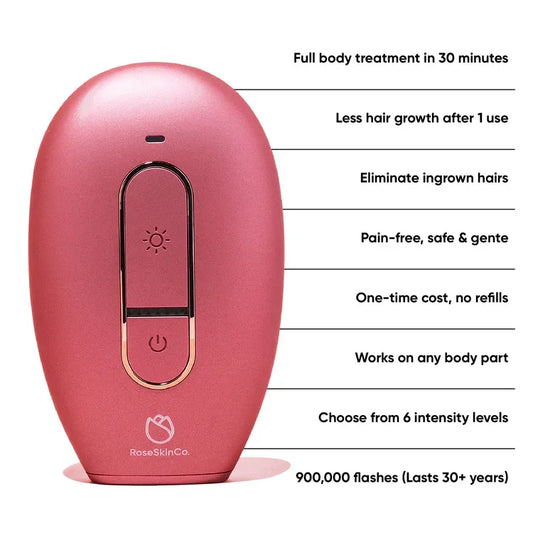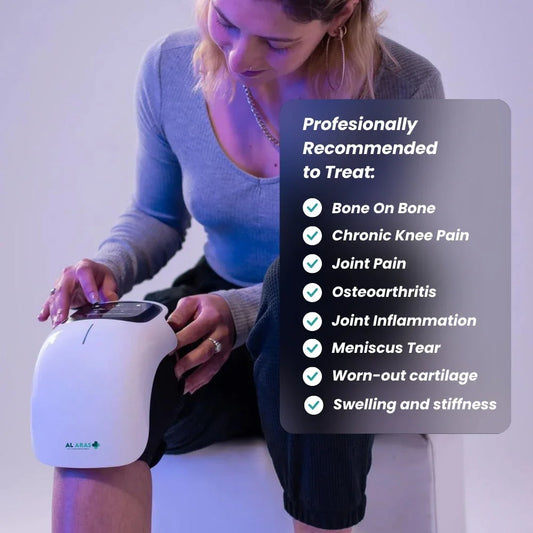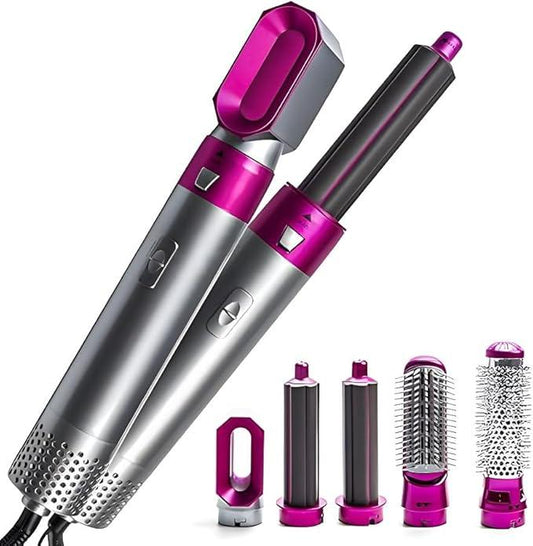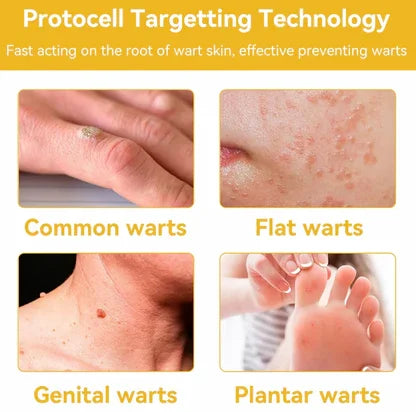Free Shipping
✦
Premium Quality
✦
Money Back Guarantee
✦
Trendy Products
✦
Free Shipping
✦
Premium Quality
✦
Money Back Guarantee
✦
Trendy Products
✦
Free Shipping
✦
Premium Quality
✦
Money Back Guarantee
✦
Trendy Products
✦
Free Shipping
✦
Premium Quality
✦
Money Back Guarantee
✦
Trendy Products
✦
Shop Everything You Need in One Place
Whether you’re looking for everyday essentials, trending products, or unique finds, Skyer Store is your go-to destination for high-quality items—without breaking the bank.
Our Best Seller
With Unmatched Quality & Style
They’ll Never Guess Your Secret…
Why Shop With Us?
We bring you the latest and most trending products across a variety of categories—all in one place! Our focus is on quality, convenience, and affordability to make your shopping experience seamless and exciting.
| LaxeHaven | Others | |
|---|---|---|
| Unique and trendy products | ||
| Affordable pricing with great deals | ||
| 100% satisfaction guaranteed |
Why Our Customers Keep Coming Back:
Unmatched Quality, Speed, and Satisfaction!
99%
of customers love our handpicked trending products and unique variety.
98%
of shoppers appreciate our fast shipping and hassle-free experience.
95%
of buyers feel satisfied with their purchase and return for more!










